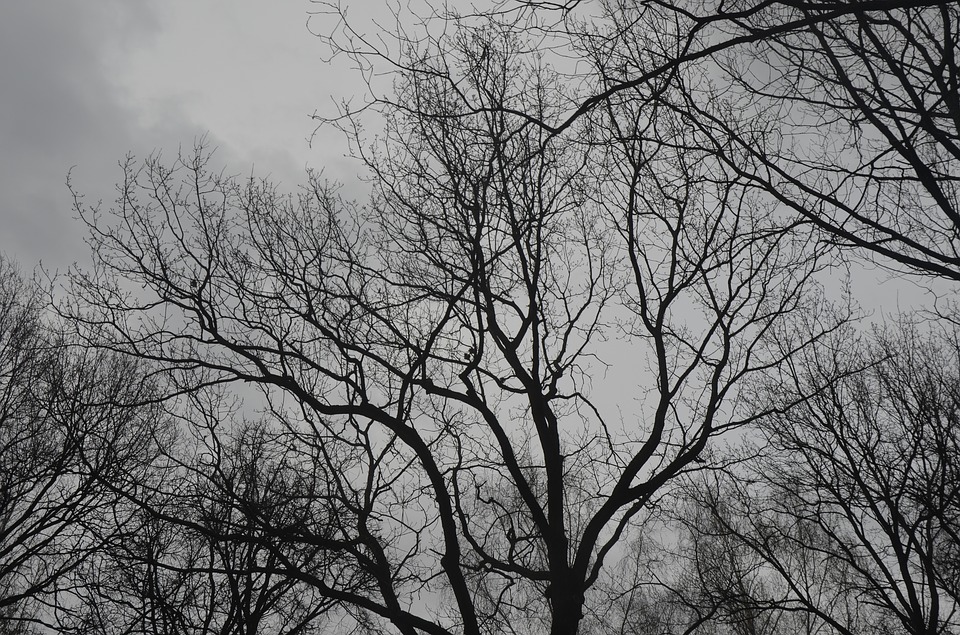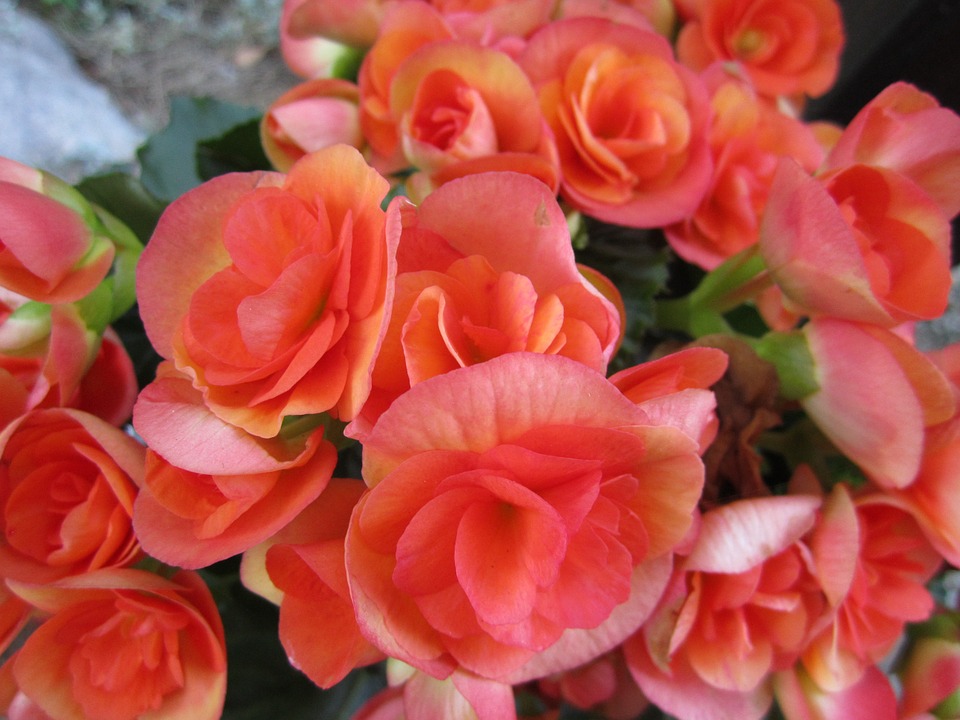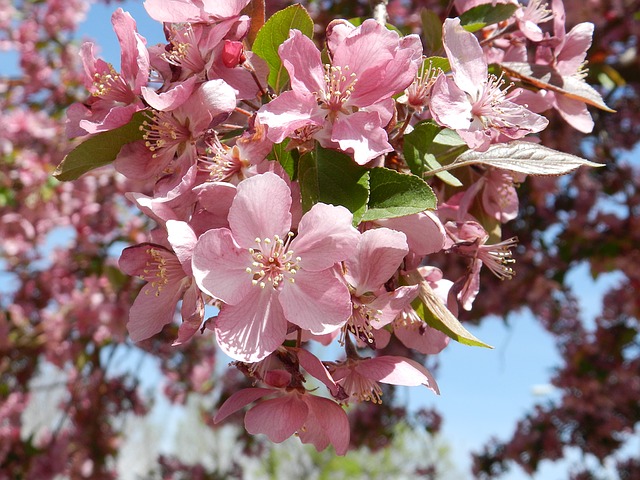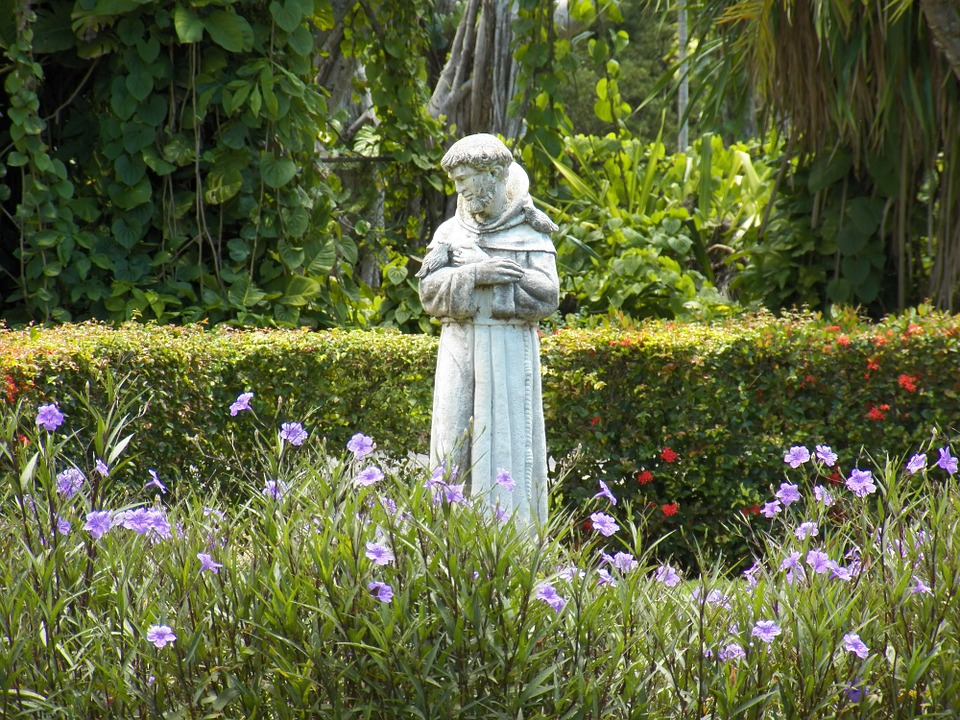For many people, this week begins the 40 days preparation for Easter. The Lenten season begins on Ash Wednesday with the imposition of ashes on their foreheads, reminding all “that you are dust and to dust you shall return.” (Genesis 3:10) or “repent and believe in the Good News of Jesus Christ.” This ancient ceremony is a sign of our mortality. This season can be a time of renewal and penitence “In repentance and rest is your salvation. In quietness and trust is your strength.” (Is 30:15) It is a time many focus on the life, sufferings, death and resurrection of Jesus Christ. Some talk about metanoia – conversion of the heart.
What does this really mean? How does our heart need conversion? How can this heart conversion deepen our relationship with Jesus? Are we not already living the best we know how? Prayerfully we ask God for guidance or discernment. Often it’s the little things that we need most to change.
We might be led to set aside five minutes a day for prayer and reflection on how God has gifted us that day. Maybe we need to be more accepting and understanding of ourselves and our needs, like getting enough sleep. Perhaps we need to be more understanding of others. Perhaps God is inviting us to be more mindful and present in what we already do.
During this Lenten season, we can turn to Jesus and ask Him for strength to let go and be open to a change of heart, a new life and deeper relationship with Him.
I believe the more we are aware of God’s love for each of us individually, the more we’ll be able to live out that love in our daily lives and spread the Good News of Jesus Christ to all around us.
Let us together “Repent and believe in the Good News of Jesus Christ,” and share that with others.
Have mercy on me, O God,
Because of your constant love;
In the greatness of our compassion
Wipe out my offense.
Thoroughly wash me from my guilt
And of my sin cleanse me.
I recognize my faults
I am always conscious of my sins
Against you only have I sinned
And done what is evil in your sight.
A faithful heart is what you want;
Fill my mind with your wisdom,
Create a pure heart in me, O God,
And put a new loyal spirit in me.
You do not want sacrifices
Or I would offer them
My sacrifice, O God, is a contrite spirit’
A heart contrite and humbled,
O God you will not spurn.
–Psalm 51:1-4, 6, 10, 16-17
Suggested Scripture Readings;
Deuteronomy 26:4-10
Psalm 91
Romans 10:8-11
Luke 4;1-13









